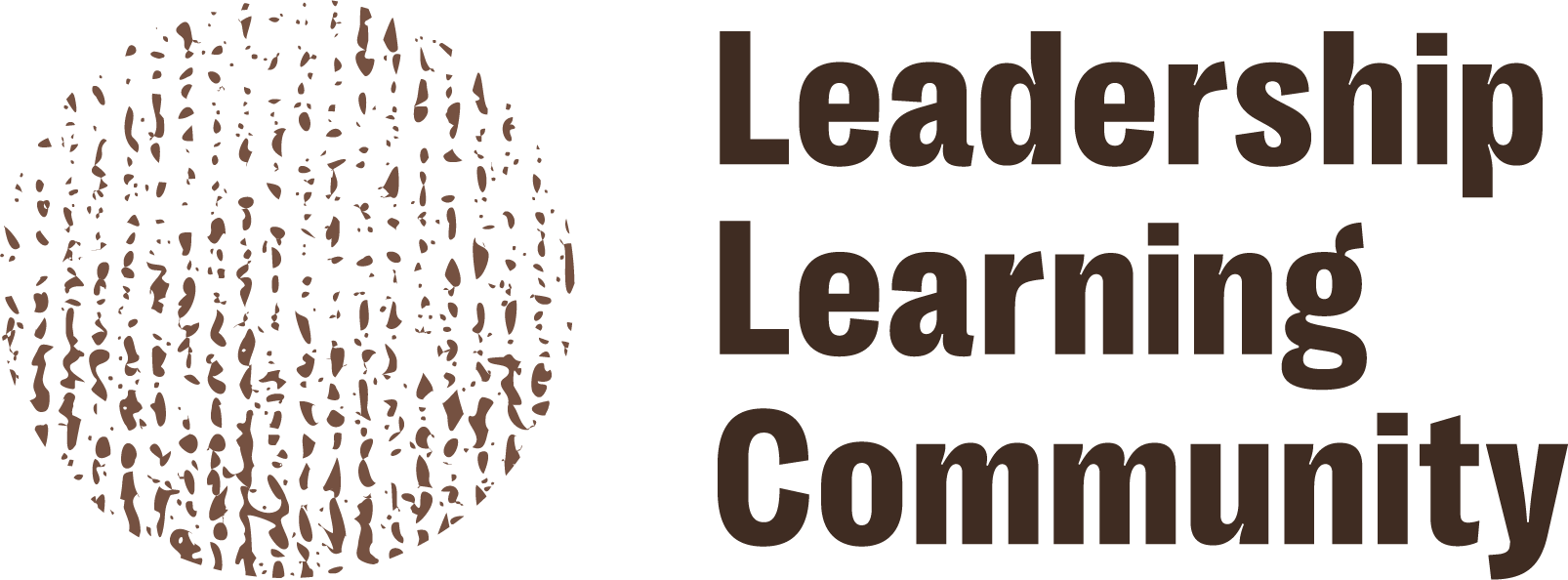Wow, so this is really happening.
As I think about the upcoming elections, I, like many folks, am filled with uncertainty, wondering, who will win, will there be a constitutional crisis, what is the possibility of widespread violence, etc.? My colleagues at LLC have been experiencing very similar feelings, and in a recent staff discussion we realized that although we’ve been closely observing the election cycle for many months, at LLC we hadn’t actually begun planning concretly for potential outcomes. So, we started reaching out to trusted colleagues and allies for thought partnership, asking “How are you thinking about election scenario planning?”. We also joined webinars hosted by partner organizations, reviewed materials shared by others, and engaged allies in group discussions.
We are so grateful for the ideas and resources these conversations generated, as well as the generosity of spirit with which folks shared their wisdom. Although none of us can plan for every outcome and significant unknowns remain, just knowing that smart, dedicated people are out there thinking about this has made me feel more at ease, as did the knowledge that there were actions I can take in partnership with others, and things I can do, other than worry and fret.
I hope that learning about what others are doing sparks inspiration and is similarly reassuring for you. Here’s what we are learning so far about the work folks are doing in the field:
1.Developing Election Action Plans – Short term & Long term. Folks are planning for potential outcomes in the immediate days and weeks after Election Day, and simultaneously preparing for the long term by:
- Asking the complex questions: “What are the local, state and federal outcomes that could plausibly impact our community, funding, areas of concern, etc., if Biden Wins, Trump Wins, there is extended uncertainty or extensive violence?”
- Based on their assessment of conditions, groups are exploring the emerging needs, opportunities and openings, as well as threats and challenges they imagine could result from these possible scenarios.
- Groups are also exploring what kind of preparation these scenarios will require: new thinking, staff capacity, security needs, budget modifications, media messaging, technical or legal support, allyship, etc.
- Groups are preparing to pivot to post-election strategizing: Exploring power and community building, policy change, and the ongoing repair work we will engage in beyond the elections. They are also looking at how this work will differ at the Executive, Legislative and Judicial branches of government. To achieve these goals groups are developing their ability to be agile, innovative and experimental
- Do you have models or tools for structuring these conversations that you can share?
2. Mapping Out the Support They Can Provide. After attempting to anticipate the needs which will likely emerge in their communities, some people are beginning to identify the contributions they can make.
- Offering Material Support: Food, shelter, PPE, sanctuary, transportation, cash assistance, bail bond funds etc.
- Offering Emotional Support: Resources for self and community care including: Healing & caring circles, therapy, somatics coaching, meditation resources, faith-based support, etc.
- Offering Information & Capacity Building Support: Legal support, Know Your Rights training, Civil Disobedience training, voting safety planning, countering voter intimidation resources, media literacy, sharing informational materials widely, etc.
- Offering Support & Comfort to Those Waiting on Long Lines to Vote: Music, food, seating, companionship, etc.
3. Supporting Staff and Allies. To support staff, allies and communities, organizations are:
- Checking-in with staff directly
- Creating peer support and buddy systems so that all team members are cared for.
- Making it easy for staff to take time off to care for themselves, their families and communities. Examples of this include: Extending PTO, closing the office on election day or week, and communicating clearly that self and community care are encouraged.
- Limiting unnecessary meetings in the days around the election.
- Making mental health resources readily available, and encouraging their use.
- Making it easy for staff to be involved in the electoral process.
4. Treating Election Prep with the Seriousness and Comprehensiveness of Disaster Prep: Groups are tailoring their election related preparation to the local circumstances, assessing the relative threat of violence, availability or lack of PPE, the local economy, access to voting sites, transportation, local demographics, while exploring who might be excluded or more vulnerable.
5. Talking About What is Happening. Truth Telling & Narrative work: Groups are preparing for extensive narrative work, naming what is going on in order to have any impact on the outcomes. These truth telling efforts support collective action by making visible the invisible, and offering us the opportunity to gain clarity on our values and purpose. This work also helps to normalize the idea that 2020 elections are unusual and prepares people for unusual outcomes, including the idea that violence, an extended and/or contested election, and a messy transition are in fact possible. Folks are reminding people that we likely will not have clear results on election night and are encouraging calm. Groups’ messaging efforts are also intended to counter misinformation.
6. Building Community & Connections: The circumstances surrounding the 2020 elections, as well as the specific issues we may care about, are all far heavier lifts than any of us can handle alone, so folks are focused on coalition and network building, mutual aid and collective action.
7. Analyzing & Building Power: Movement oriented individuals and groups are recognizing that taking care of our communities requires us to deftly build and use power. To do so, folks are ramping up their efforts at:
- Voter Mobilization/GOTV
- Base building & relational organizing
- Encouraging the leadership of community members to engage others
- Mobilizing communities
- Preparing for civil disobedience and direct actions
- Exploring where they have power and influence
8. Engaging Philanthropy: Organizations have called on philanthropy to provide Rapid Response resources using a trust based model: Given that the capacity of most groups, institutions and collectives are already being taxed by on the ground work, it is clear that philanthropy should provide resources using a Trust-Based approach that eliminates onerous funding requirements.
Shared Resources:
- This Thursday: What lies ahead for the historically disenfranchised after the election? Join a growing list of panelists who will take your questions as Community Science explores what happens should Republicans or Democrats win the White House. Reserve your seat today! Oct 29, 2020 at 1:00 PM Eastern Time
- 10 Actions Nonprofit Leaders Can Take to Support Our Democracy and Their Constituents
- Resources related to preventing post-election violence
- Check out a recording of Race Forward’s #RaceAnd the Vote: Centering Communities of Color during Elections webinar
- Democracy Defense Resources shared by Training for Change:
- TFC has compiled a list of guides, trainings, resources, and organizing opportunities, including election defense, de-escalation, data, handouts, and more. You can find resources for your ongoing work and ways to plug in before and after the election.
- Articles by Daniel Hunter, former TFC Trainer, about 10 things you need to know and 7 tactics to stop a “coup.”




